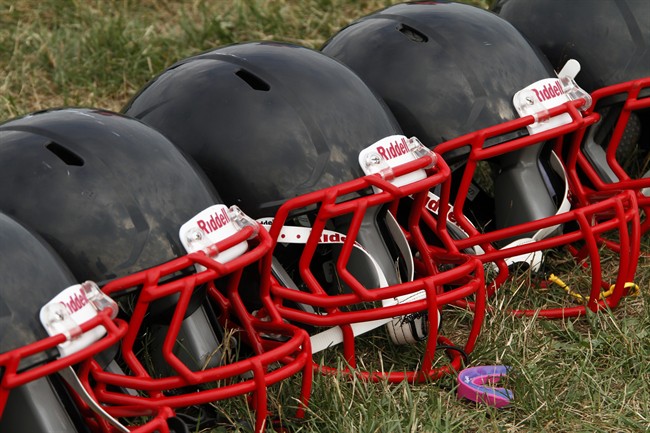CALGARY – Researchers with the Canadian Sports Concussion Project will be studying the brain of a former Calgary Stampeders football player who died last week.

A friend and former teammate of John Forzani says the two of them discussed the matter four years ago.
Basil Bark says Forzani decided at the time that donating his brain to science would be worthwhile.
Bark said Forzani, who was also part-owner of the CFL team, suffered several concussions during his playing years.
“I remember one game John got hit hard and his helmet broke. We didn’t have another one so he continued to play with it. He was glassy-eyed after the game and who knows what the effects were? I knew John for 47 years and everything seemed fine. But his brain should be examined.”
The project is led by Dr. Charles Tator at Toronto Western Hospital.
Forzani was an offensive lineman with the Stampeders for six seasons in the 1970s.
He died on Friday at age 67 after suffering a heart attack in California.
Tator said it’s a very generous gift by the family, as Forzani’s stature both on and off the field will help raise the profile for this kind of research.
“Somebody like John Forzani, who was a great player and then he was a great business person and community person, it’s even more important to get that whole spectrum,” he said, adding the position Forzani played is also significant.
“That makes this donation even more important because there is a suspicion that linemen take even more hits to the head and it is the mechanism of repetitive hits to the head that we are very worried about,” Tator said.
Leo Ezerins, executive director of the CFL Alumni Association, said Forzani’s wife, Linda, should be given credit for her courage and strength.
“I spoke with Linda and she was very pleased that John could continue to leave a legacy even in passing.”
(CFFR, CHQR, The Canadian Press)



Comments